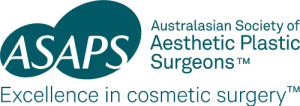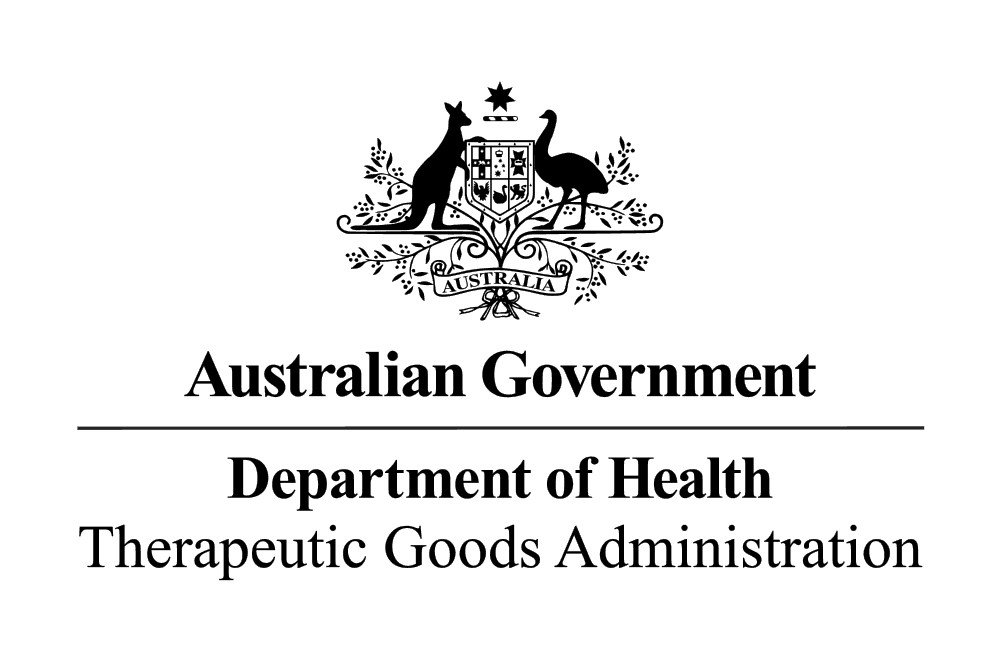At the recent Non-Surgical Symposium (NSS), the Australasian Society of Aesthetic Plastic Surgeons (ASAPS) invited the Therapeutic Goods Administration (TGA) along to discuss the important work it was doing as part of Operation Antlia.
Mr Daniel Black, Assistant Director Investigations – Regulatory Intelligence and Investigations Section for the TGA addressed the delegation sharing the recent wins the Project has had on uncovering the sale and importation of counterfeit therapeutic goods and illegal medical devices within the cosmetic industry.
President of ASAPS, Dr Naveen Somia said why this was important was because counterfeit medicines and illegal medical devices pose a serious threat to patient safety.
Counterfeit products may contain the wrong active ingredient, no active ingredient, too much or too little active ingredient and variations across tablets and batches. It may be a substance that has been withdrawn from sale for safety reasons or because it contains a toxic or dangerous substance.
For a medical device that has been illegally obtained, there are question marks about the quality of the components and the strength of the machine.
Convicted offenders can face prison terms of up to seven years and hefty fines. Significant fines may apply to those found in breach of the civil penalty provisions.
Dr Somia said that medical professionals have an obligation to their patients to provide services that are aligned with expectations.
TGA encourages reporting of illegal cosmetic injectables
The Therapeutic Goods Administration (TGA) encourages the reporting of unregistered operators, undertaking illegal cosmetic injectable procedures in Australia. These reports can prevent potentially serious consequences and safeguard the health of the Australian community.
Injectable cosmetic treatments are considered medical procedures and may be performed by qualified medical practitioners, registered dentists in certain jurisdictions, trained nurse practitioners and registered nurses supervised by a doctor. Clinical governance structures support evidence-based best practice.
Cosmetic injectable products are regulated as Schedule 4 substances. This means they must be prescribed by an accredited professional, and can only be stored and administered by qualified, authorised practitioners. The TGA regulates all medicines and medical devices imported into, supplied in, or exported from Australia under the Therapeutic Goods Act 1989. Unless a specific exemption applies, a therapeutic good must be entered on the Australian Register of Therapeutic Goods (ARTG), or it cannot be supplied in Australia. Targeting legislative non-compliance disrupts the illegal trading of unapproved and counterfeit therapeutic goods in the domestic market.
If you suspect non-compliance, you can notify the TGA anonymously by emailing [email protected] or by calling 1800 020 653. You can also report illegal or questionable practices online, including the suspected supply of counterfeit medicines and devices. Information provided should include sufficient details for further enquires to be undertaken.
Advertising complaints can also be made online. Any person, including businesses, must comply with the TGA requirements when advertising cosmetic injections.

